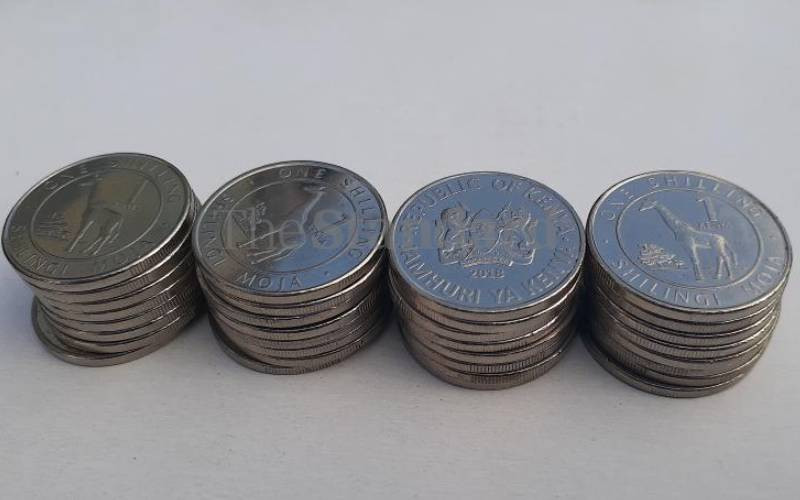×
The Standard e-Paper
Stay Informed, Even Offline

This is the golden age of economists, the high priests of social sciences.
Unlike "hard" scientists, biologists, physicists or chemists, economists rarely experiment. The variables they deal with would be hard to manipulate.